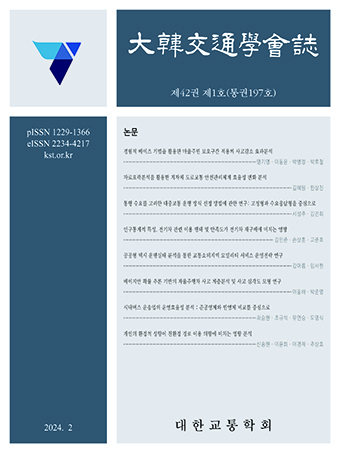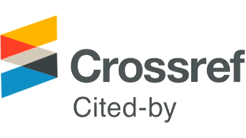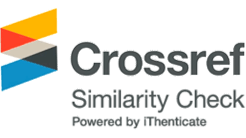Article
Abstract
References
Information
- Publisher :Korean Society of Transportation
- Publisher(Ko) :대한교통학회
- Journal Title :Journal of Korean Society of Transportation
- Journal Title(Ko) :대한교통학회지
- Volume : 39
- No :1
- Pages :14-29
- Received Date : 2020-07-03
- Revised Date : 2020-08-13
- Accepted Date : 2020-12-16
- DOI :https://doi.org/10.7470/jkst.2021.39.1.014



 Journal of Korean Society of Transportation
Journal of Korean Society of Transportation







